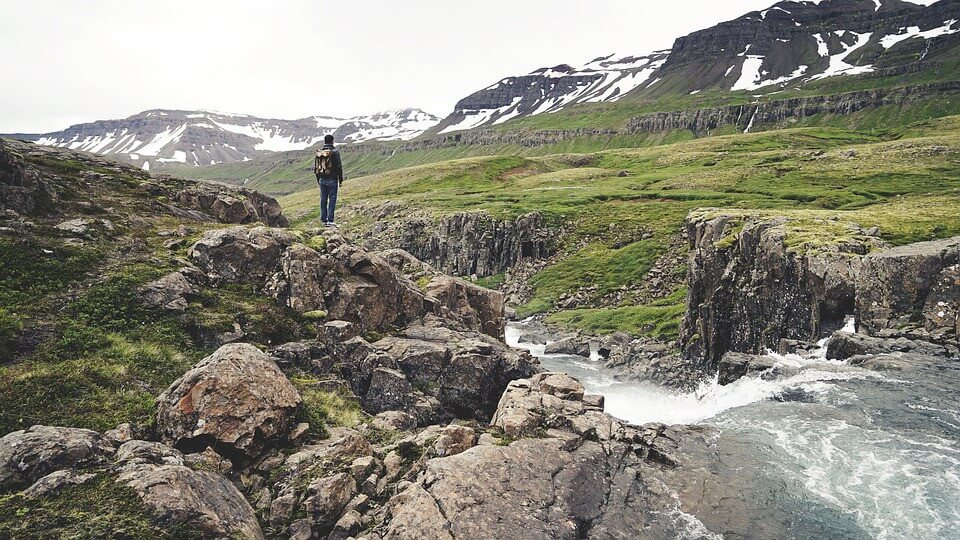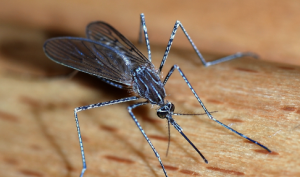When you first get into hiking for a hobby, you will no doubt make some mistakes along the way. With experience comes knowledge. However, with a few tips, you save yourself some of the frustration during the early period.
Appropriate Attire
There are a number of things to consider when choosing your hiking wardrobe. Cotton and denim wick moisture away from your body. But, they also remain cold and wet, which could lead to hypothermia when the temperature drops. Instead, wear clothing made from breathable, lightweight fabric. Bring something to throw on should clouds bring rain. When hiking during fall or winter, dress in layers that can easily be added or removed as needed.
Insect Repellent
During the warm months of the year, there are bound to be mosquitoes and other insects in the wilderness unless you are hiking in extreme altitudes. To avoid the misery of insect bites or the possibility of contracting one of the illnesses they carry, bring along insect repellent. Formulas containing DEET offer the best protection. Make sure to pack the container in a zip-lock sandwich bag, as the chemicals easily cause deterioration of nylon, plastic and other materials.
Wearing New Boots
Regardless of how well the boots fit in the store, resist the urge to wear them on your next hike before an ample breaking in period. Sore and blistered feet put a damper on the day’s excursion. Instead, wear them for a day or two while performing normal daily activities. In this way, you will be sure that footwear will not cause undue stress.
Insufficient Food and Water
Water is absolutely essential to take on hikes. Body fluid is lost from perspiration and respiration and needs replenished periodically. Peanuts, protein bars or trail mix and dehydrated foods provide much needed energy. Novice hikers often underestimate the amount of fluid and food they need for the journey. If something should go awry, and you get lost or injured, it is better to be prepared. When putting items in a backpack, make sure the water bladder is at the top to prevent a possible rupture and fluid loss.
Hiking Alone
Amateur hikers especially should venture out with someone having more experience. Having company provides the chance to gain beneficial knowledge. Accidents and injuries may befall even the most experienced of hikers. In pairs, you are more likely to survive.

